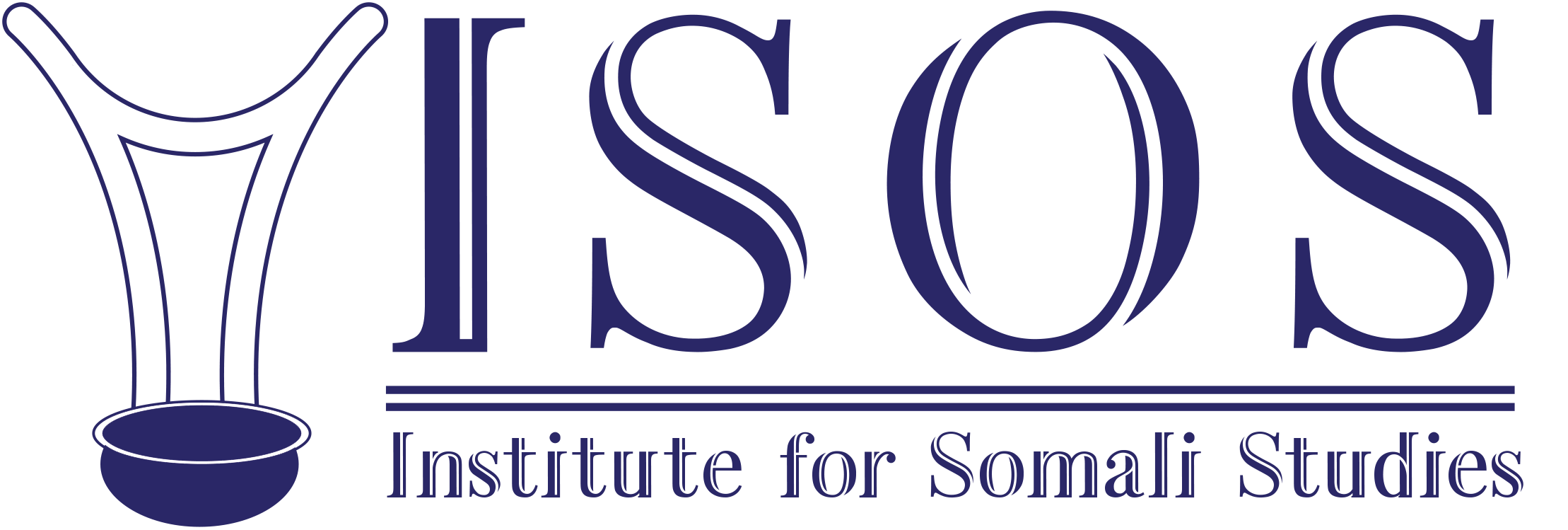Abstract
Somali writer Farah Mohamed Jama Awl has written three novels, with 'Ignorance is the Enemy of Love' (Aqoondarro waa u nacab jacayl) being the first and most influential. This novel is based on a true story. Farah, the author, demonstrates a profound understanding of Somali traditional oral poetry, weaving it throughout the entire narrative. This novel reflects that oral poetry is an integral part of the daily life of Somalis and a powerful tool for expressing emotions and conveying thoughts.
This article examines the significance of poetry in Somali literature and culture. It delves into the cultural and literary importance of integrating poetry into the narrative, shedding light on the stylistic elements of poetry in fiction.
Keywords:
Somali novel, oral poetry, “Ignorance is the Enemy of Love”, Somali literature, cultural expression, Mogadishu University, ISOS,

